 / Science, Engineering & Technology / Energy & Environment
/ Science, Engineering & Technology / Energy & Environment
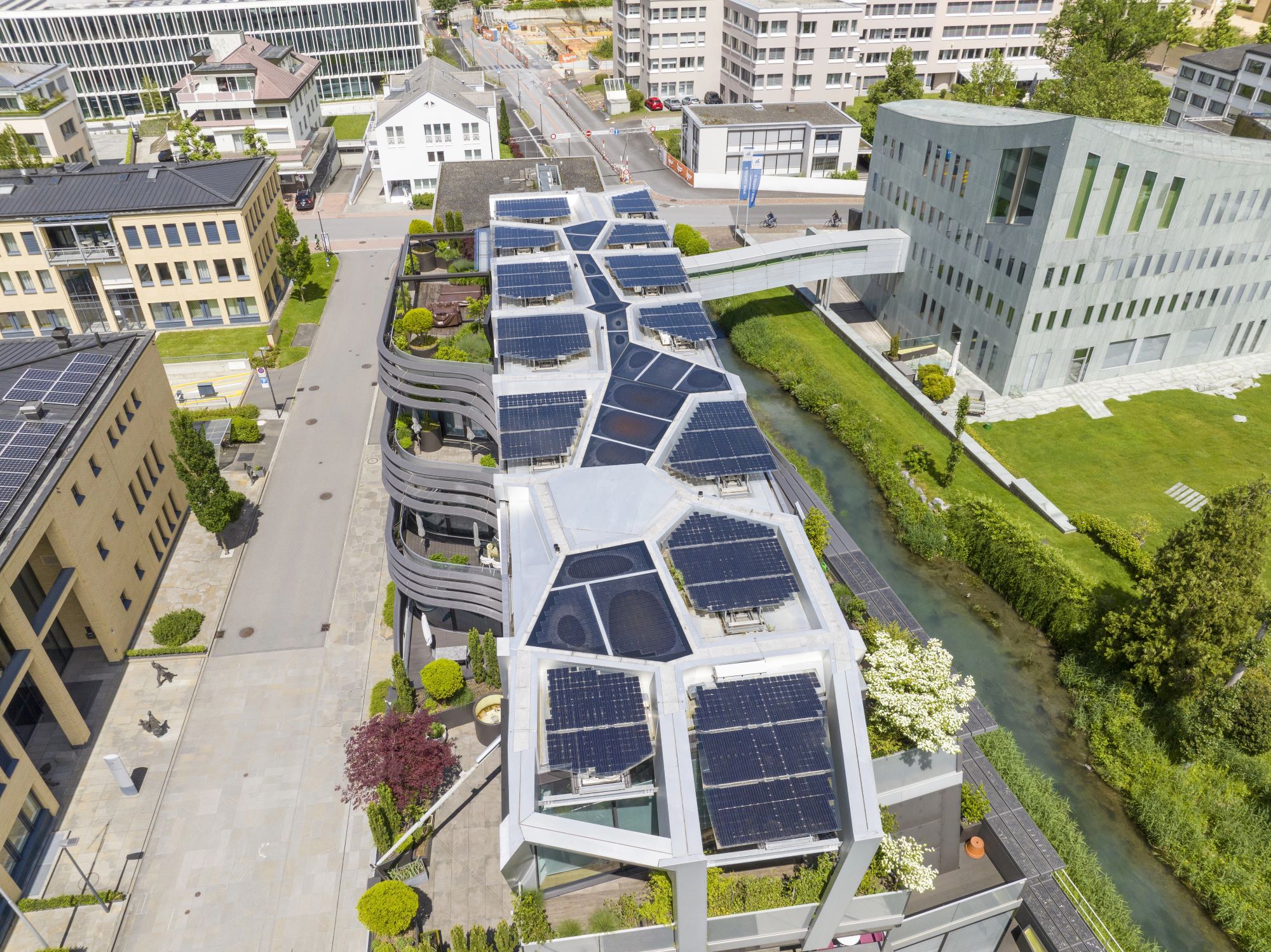

The Samuel Neaman Institute interdisciplinary energy and environment research cluster encompasses a broad spectrum of focus areas. It explores the sustainability of energy and waste supply chains, examining diverse policies and management approaches. The focus extends to strategies for minimizing greenhouse gas emissions through the promotion of innovative technologies, economic incentives, and enhancing policymakers’ understanding of the social and psychological factors that influence changes in attitude and behavior. Additionally, our research addresses climate change adaptation, emphasizing urban resilience and the advantages of forests and open spaces in promoting personal resilience through contact with nature. Furthermore, our team investigates drivers of food waste, measures to address them, and policies aimed at reducing food waste.
Liron Amdur, Orna Raviv, Eyal Shimoni, Ofira Ayalon
Ofira Ayalon, Efrat Elimelech, Yaniv Reingewertz
Ofira Ayalon, Miriam Lev-On, Perry Lev-On, Naama Shapira

The interest in agrivoltaics has emerged following the required and massive transition to renewable energy
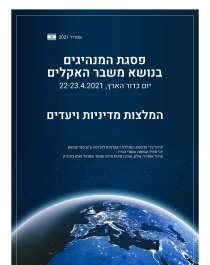
The newly inaugurated President of the USA, Mr. Joe Biden, has recently called for a
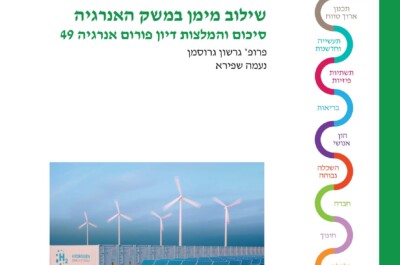
Hydrogen is the most common element in nature but rarely exists in its pure form
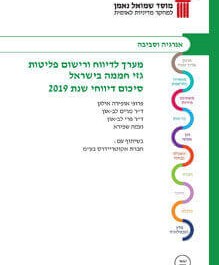
63 companies and organizations submitted their reports to the Voluntary GHG Registry in 2019 to
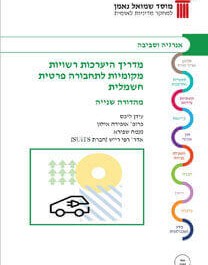
Electric mobility fundamentally changes the demand patterns of energy used for the transportation of people